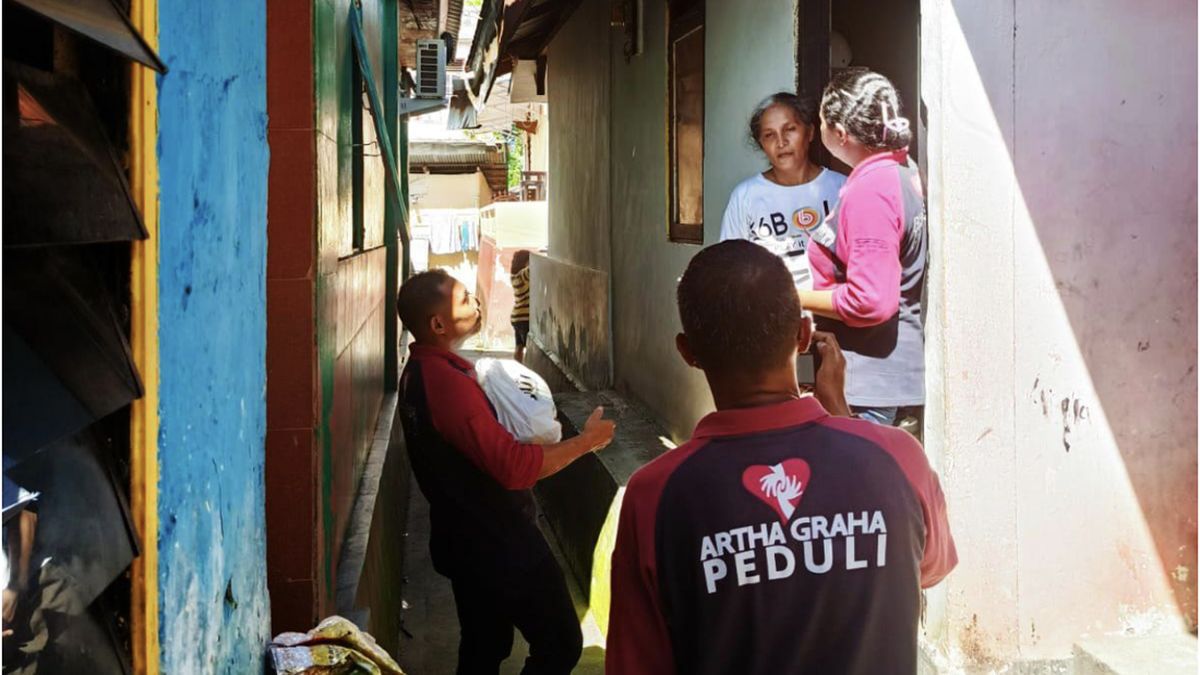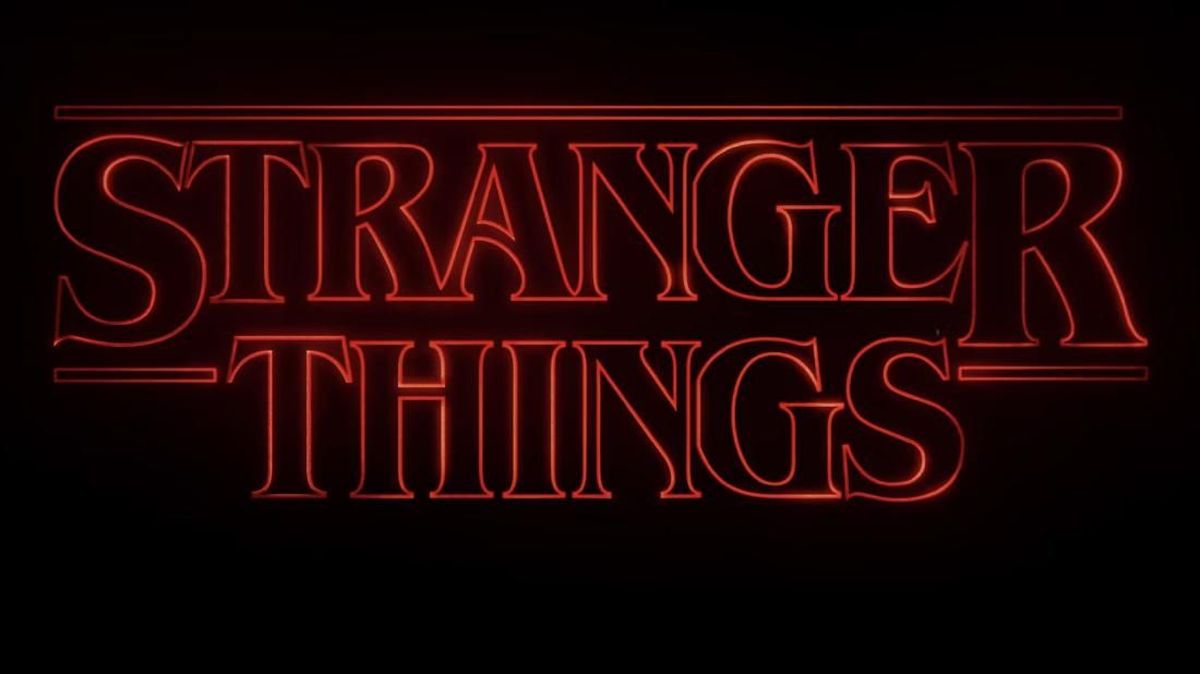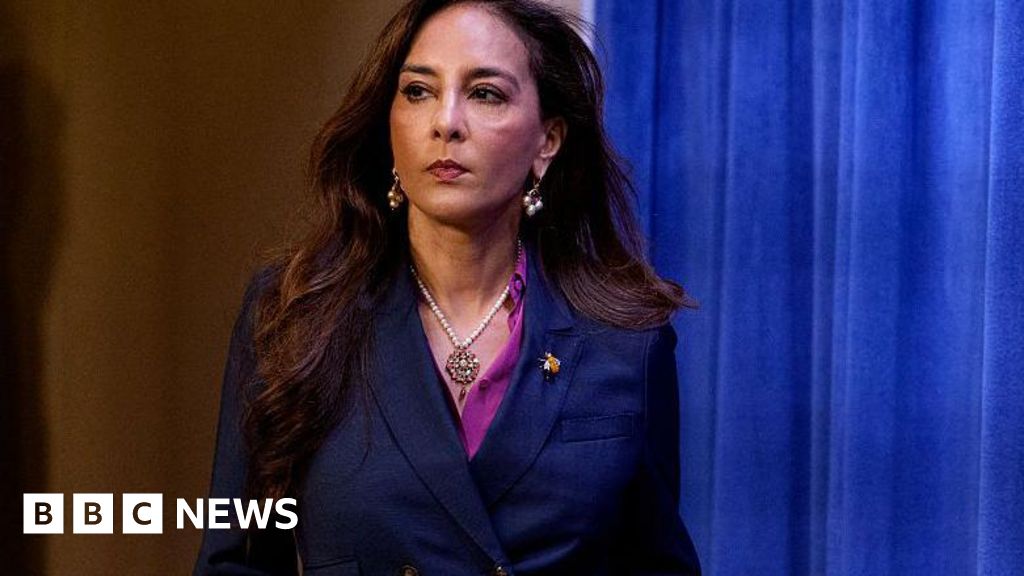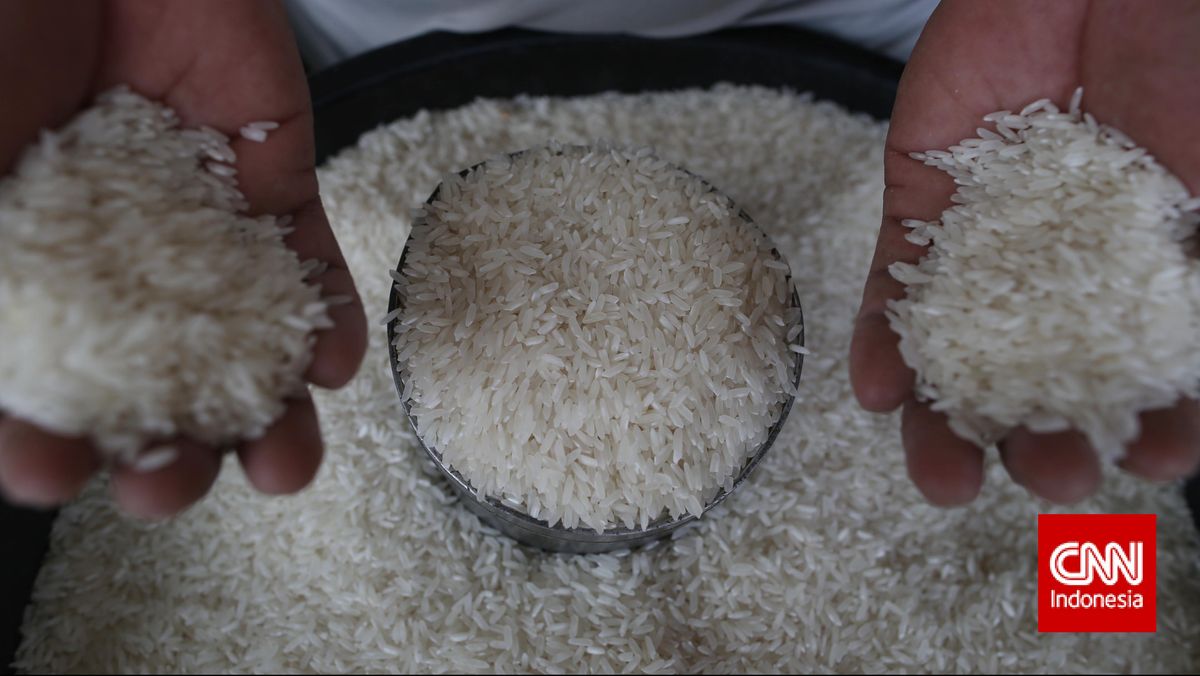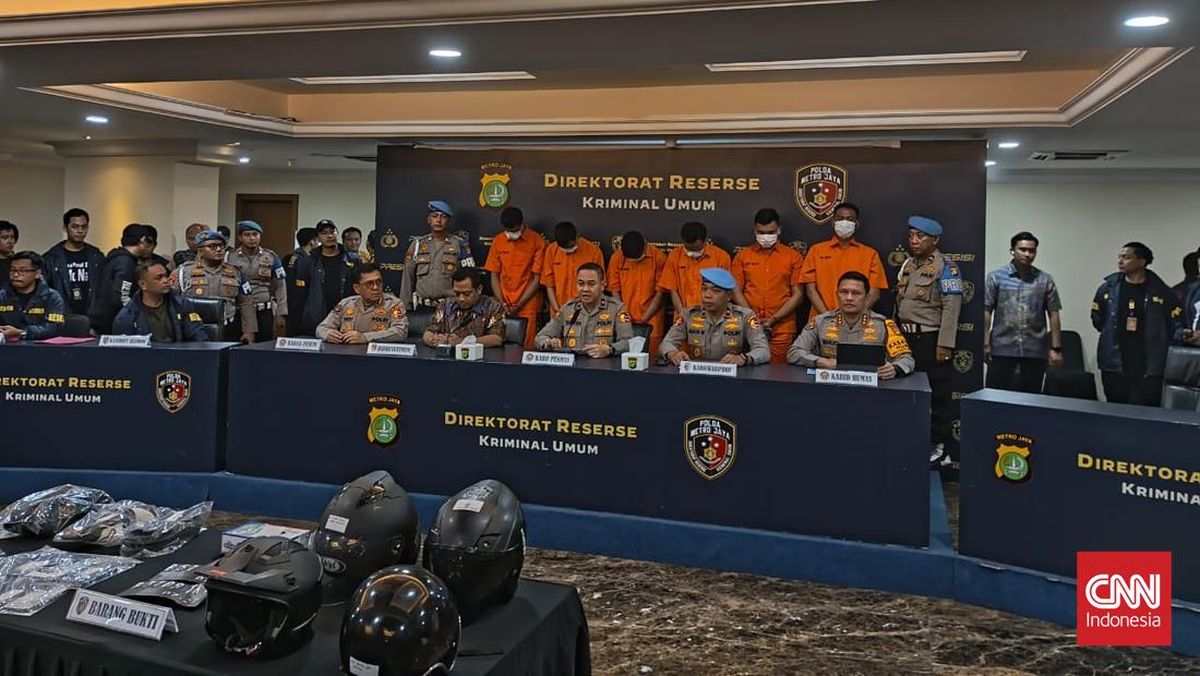When comedy actor Jerry Stiller died in 2020, his daughter Amy and son Ben faced the daunting task of dealing with the contents of the family’s upper west side Manhattan home. It was almost five years to the day since their mother Anne had passed away, and the house was as it had always been: a vast trove of their father’s collected treasures.
Any ordinary family might simply box up some of the sentimental objects and dispose of the rest. But Jerry Stiller left behind a library of family home movies, recordings of Jerry and Anne’s work when they were known as the comedy duo Stiller & Meara, and boxes of audio cassette tapes of Jerry’s conversations with seemingly everyone.
Staring down a home that was somehow also a vast archive of his family’s life, Ben – better known as 59-year-old award-winning actor, writer and director Ben Stiller – did the only thing that made sense to him: he turned it all into a documentary movie.
Stiller & Meara: Nothing Is Lost is a love letter to his parents, rich in sentiment and humour, and peppered with a rare and moving tenderness. But it is also a mission statement. And perhaps too, a promise to his parents: that indeed nothing will be lost, and will instead be recorded in this illuminating 98-minute audiovisual essay.

Ben Stiller at the New York premiere of Stiller & Meara: Nothing Is Lost.Credit: Andy Kropa/Invision/AP
“I didn’t have any idea when I started of what it was going to be, other than I knew that I wanted to make something about my parents and especially after my dad died, and knowing this apartment that we grew up in was going to be sold and would not be a place I could go back to,” Stiller says. “I wanted to document it and film it, so I could remember it, and I wanted to do something about what they did.”
Unsurprisingly, the film is also a reflection of Ben’s own journey. “Trying to connect with my parents and trying to understand who they were and also trying to figure out who I am, in relation to them and in relation to my own kids and my wife [actress Christine Taylor],” he says. “That title, there’s a question in there.”
Jerry Stiller was one of America’s most successful television comedians, with a career essentially split into two acts. It is the latter of those, in which he starred as George Costanza’s father, Frank, in Seinfeld, for which most television viewers now remember him. His wife, Anne Meara, was a comedian, actress and playwright, who was nominated for four Emmys and a Tony, and won a Writer’s Guild Award.
As Stiller & Meara, a stage moniker they adopted after leaving the Chicago-based Second City improvisational comedy troupe, they became a variety show staple, and appeared on shows such as The Mary Tyler Moore Show spin-off Rhoda, and briefly starred in their own sitcom, The Stiller and Meara Show.

Jerry Stiller and Anne Meara in a promotional shot for their program.Credit: NBC
While the documentary is ultimately a super cut of life in the Stiller home, it is also an affecting step into the real lives of a show-business family. There are moments where the Stiller children’s discomfort with their parents’ professional lives is felt. And others where Meara notes she always wanted to put family life first, and showbiz second.
Loading
“We wanted to be around my parents doing their work, and that’s probably because we wanted to be around my parents,” Stiller says. “It was much more interesting and fun than going to school, hanging out on a game show set, meeting William Shatner as a kid or meeting [actor and director] LeVar Burton or whatever. It was so exciting.
“Then, underneath was the other stuff, too, and as you get older that stuff comes out and you start to go, ‘wait a minute, but my mum wasn’t that available or my dad was focused on his work’,” Stiller says.
But returning to the captured film images in the documentary, Stiller says, provides a context. “I just see more nuance in it. I see my mum wanting to have that family life, wanting to put her family life forward, but also being daunted by it because she never had that experience as a kid. You’re able to appreciate the nuance of what it is to be a person as you get older.”
The excursion through his own life was challenging at times, Stiller says. Which is not to imply that the camera lies, I suggest, but that perhaps the camera captures its objective image and the human memory of the same moment is not always infallible. There’s a charming moment when the Stiller children play violin on The Mike Douglas Show. There are no generous words here: it’s dreadful. “It was pretty bad,” Stiller says, laughing.
“Whenever I read anything about memories or people on trial and witness testimony, they talk about how inaccurate memory can be for people,” Stiller says. “For me, these film clips from our apartment, from our childhood, the older I get, the more valuable they become to me. They’re like archeological finds, and you have this actual memory [but then] it’s so much smaller than you remember it, or the details [are different].
“Am I actually remembering what happened? Or am I remembering that clip that reminds me of what happened ... so that’s been a fun thing to actually explore in making the movie, what do I actually remember of that interview with my parents and me when I’m eight years old?”

Anne Meara and Jerry Stiller, from Stiller & Meara: Nothing Is Lost.Credit: Apple TV+
And The Mike Douglas Show? “I remember standing behind the facade where it was going to open up, where we walked out to come out, and … there were the signatures of all the actors who had been on the show,” Stiller says. “I remember that moment … and then the doors opening up and being very nervous. I don’t remember sounding that awful.”
There is an aspect of this process that mimics the deeply felt grief of losing one’s parents: an assembly of memories, a kind of closing of the chapter or indeed the book. In the case of Stiller & Meara: Nothing Is Lost, the closing credits offer a most specific sign-off, the notion that when the credits have rolled and the lights have come up, everything is neatly wrapped.
Except, of course, grief – the real thing – is a very nonlinear experience. And is rarely neatly packaged. And does not come with a convenient closing roll of the credits.
“Sometimes now, I’ll look at the movie, and I’ll actually feel even sadder because then I miss them more,” Stiller says. “That’s part of it too. And [grief] is nonlinear. I tried to make the movie kind of nonlinear in that way because I feel like that’s what you do. You go back and forth in life between these memories and the present, and that’s constantly what we’re experiencing as people.”

Ben Stiller with his sister Amy and parents Anne Meara and Jerry Stiller.Credit: Apple TV+
In contrast, Stiller adds: “The actual connection and process of getting over loss of a parent is probably something nobody ever does. And you’re lucky if you find a deeper connection with them once they’re gone, by being able to appreciate who they were, which I feel I do have.”
Perhaps the most startling thing in the film is not the archival footage, which is gorgeous and funny, or even the idea that the documentary fulfils on its promise – nothing is lost – by creating a lasting visual document that is both compelling and deeply touching, but rather those random moments where Ben, in silhouette, or moving, is the mirror of his father. When you see it, it’s both surprising and strangely delightful.
“As I get older, I see aspects of my dad [in my reflection], especially just physically and then also the things that I felt close to in him,” Stiller says. “And then there’s that continual push-pull ... am I turning into my parents? What does that mean?
“This movie gave me an opportunity to appreciate that being like my parents is not something that I want to run away from necessarily, but maybe definitely aspire to on a certain level in terms of who they were as people,” Stiller says. “My parents, especially my dad, were very generous, open, loving people.
Loading
“Every day of my life I get feedback from people, whether it’s something they’ve seen on television or a movie, or they met my parents or worked with them, these stories of their generosity and their openness or how much they impacted people,” he adds.
“As a kid, it’s a lot to live up to, but this has helped me appreciate that more. I really appreciate how much people care about my parents. And now … every time someone comes and says something about my parents, I feel like almost in a way it’s connecting with them.”
Stiller & Meara: Nothing Is Lost is on Apple TV+ from October 24.
Find out the next TV, streaming series and movies to add to your must-sees. Get The Watchlist delivered every Thursday.

